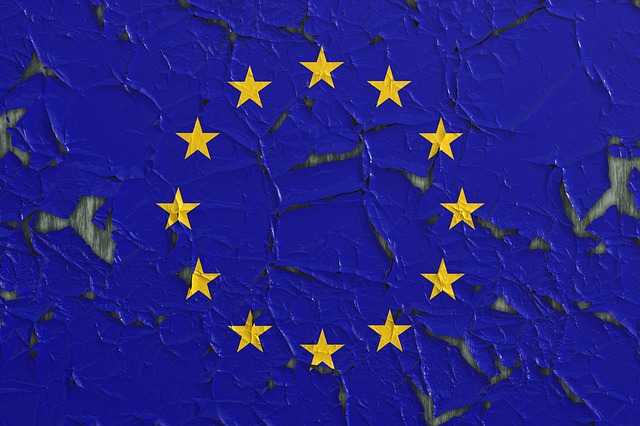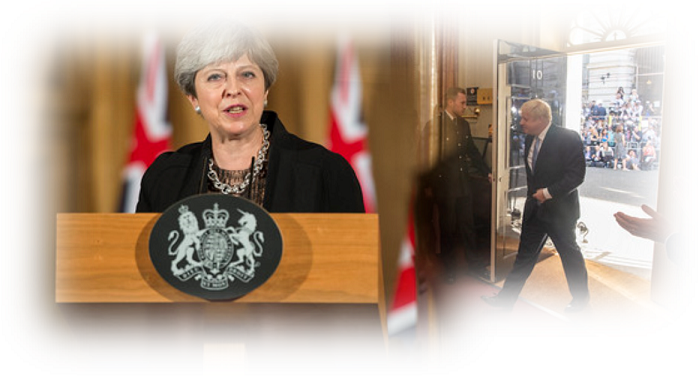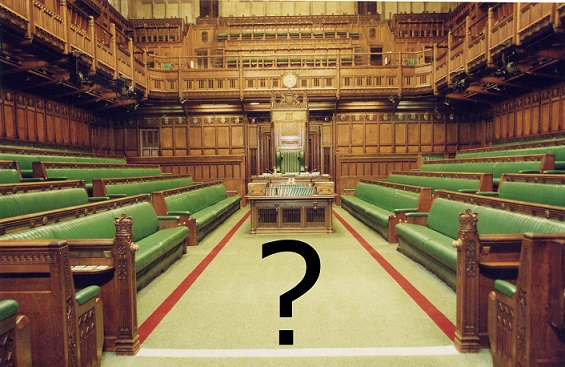27 January 2021 | OPINION
Thomas Clowes-Pritchard is a Policy Fellow of The Pinsker Centre, a campus-based think tank which facilitates discussion on global affairs and free speech. The views in this article are the author’s own.
Brexit is the first brick out of the wall. Some eurosceptics take the view that Britain will be the first of many nations to leave the EU and that the EU may eventually cease to exist. However, partly because of this Euroscepticism – as a way of combatting it – the European Commission are likely to continue pressing ahead with further integration.
It is arguable that the most likely nation to leave the bloc always was the United Kingdom: it is the nation which sends the most eurosceptics to the European Parliament, the nation with her own currency, which is not in Schengen and has a significant rebate on membership contributions. However, it is interesting to examine whether other EU nations are likely to leave the union in the future, and/or how future integration may be achieved by the EU.
When thinking about which countries may leave next, Hungary is a good place to start. Prime Minister Viktor Orban has consistently been a thorn in the side of the European Commission and the big groups in the European Parliament for some years. Indeed, with the Hungarian leader holding up the approval of the 2021 €1.8 trillion budget-and-recovery package, until recently this trend is increasing in its profundity.
In addition, Viktor Orban’s Hungary have been supportive of the UK on the global stage, one instance being their backing of the UK’s aims in the UN General Assembly concerning the British Indian Ocean Territory when few European nations back the UK.
With Hungary experiencing differences with Brussels in Domestic and Constitutional policy and moving to back the UK in foreign policy, the Hungarian government may be moving in the direction of a “Hexit”. Other nations with strong Eurosceptic movements pushing for their nations to leave the EU include (but are not limited to) France, Slovenia, Italy, Finland and Greece.
The EU has consistently pushed towards further integration. The European Commission and its allies in the European Parliament and national parliaments will likely push ahead with integrating the nations of Europe further still as a reaction to a growing Eurosceptic movement across the continent. The main ways in which this can be achieved are by means of treaty change or additional legislation. Although treaty change offers a more concrete solution for the Commission, as treaties are often seen to resemble a constitution at European level, treaty change is difficult to achieve as it requires consensus from member states.
At a time when nations such as Hungary and Poland are blocking the 2021 budget, treaty change would be especially difficult to be brought about by any political party, individual or institution. Therefore, the introduction of new legislation from the European Commission could be used as a tool to bring about further integration. Bearing in mind that European law automatically takes precedence over all national law, any new legislation passed could not be blocked by any member state especially if the new legislation is in the form of a law or regulation and not a directive.
In addition, the European Parliament could not repeal the legislation if it were passed because it is such a weak institution compared to the European Commission and the Council of the European Union – the Parliament cannot propose or repeal legislation.
Whether or not a long-term, sustained, higher level of integration is possible, the European Union could bring about further integration in the short-term by introducing new legislation to expand the breadth of European control over member states in areas such as waste management or education, or increase control in areas the EU already has significant power over such as fishing (Common Fisheries Policy), farming (Common Agricultural Policy) or digital services (VATMOSS).
To offer a brief conclusion, the European Commission under Commissioner Von Der Leyen will likely be pushing ahead towards further integration in Europe. Although the ideal way to achieve this aim is with treaty change, the route taken will likely be additional legislation expanding the breadth and depth of power that the European Commission hold over the union’s member states.
Nations such as Hungary with strong Eurosceptic movements will either be dragged kicking and screaming or leave the union altogether, causing the EU to fragment.

























